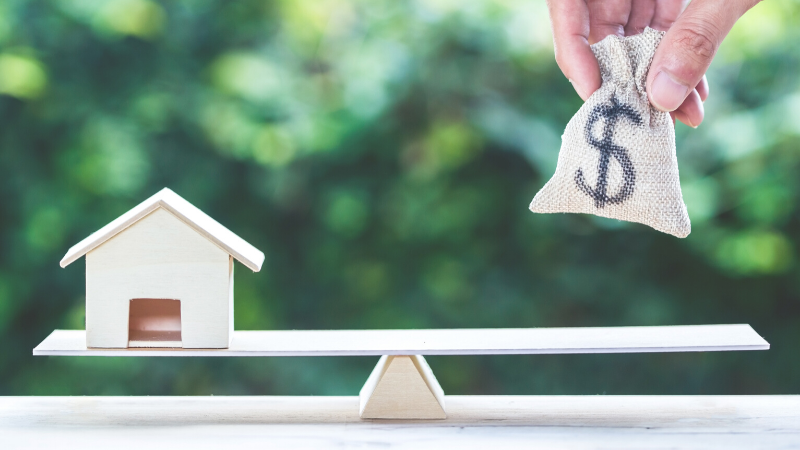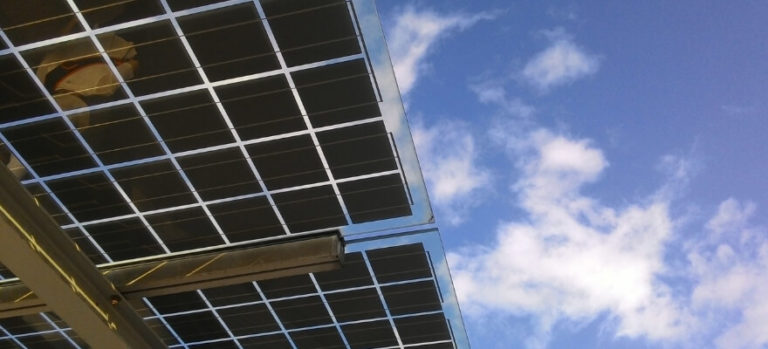Time to read: 3 mins
With the recent changes by major banks hiking fixed and variable rates, many property investors are wanting to know if it’s a good idea to fix their interest rates on their loans. To help you decide if this is the right decision for here, here are six questions to consider.
1. Are you stressed about interest rate rises?
Honestly, no one can accurately predict what the market is going to do. We can guess based on past history, but we don’t know. Not for sure. If you are worried about your risk management, fixing the interest rate could be a good strategy to help protect you from any downside. So, if you are the type of person that loses sleep from worry about interest rates, then fixing a portion of your debt is a good way to help ease some of your stress.
2. If interest rates rise will your lifestyle be negatively impacted?
You need to consider if your standard of living, or in other words your lifestyle, will be affected by potential rate rises. It an increase will put pressure on your household budget, fixing your interest rate is a good strategy to avoid such an outcome.
3. You are going to fix, but should you start with your home loan or investment loan?
Start with your home loan; your non-tax-deductible debt. The cash flow impact on your home loan should interest rates rise will be more significant than that of any investment loans you may have. Therefore, if you decided to fix your interest rate, look to your home loan first. You have more capacity to withstand an interest rate rise on investment loans.
4. In the next five or so years, will you need access to the property’s equity?
If the answer is yes, then you need to reconsider fixing your interest rate. A fixed interest rate essentially locks you in for the fixed rate period. If you need to refinance or want to access your equity during this time, you will have to pay big break fees.
5. What fixed rate period will provide better risk protection?
In short, three to five years. If you are entering into a fixed interest rate to limit manage your risk, anything under three years won’t provide much protection. You also won’t want to fix for more than five years as you lose too much flexibility. Stick to three, four or five years fixed interest rate period for the best protection.
6. How much of debt should I fix?
It is generally never a good idea to fix 100 per cent of your debt. The reasoning being, if a portion is variable you can use an offset account. Plus, most fixed rate products limit the number of extra repayments you can make, but the same does not apply to variable rate products.










